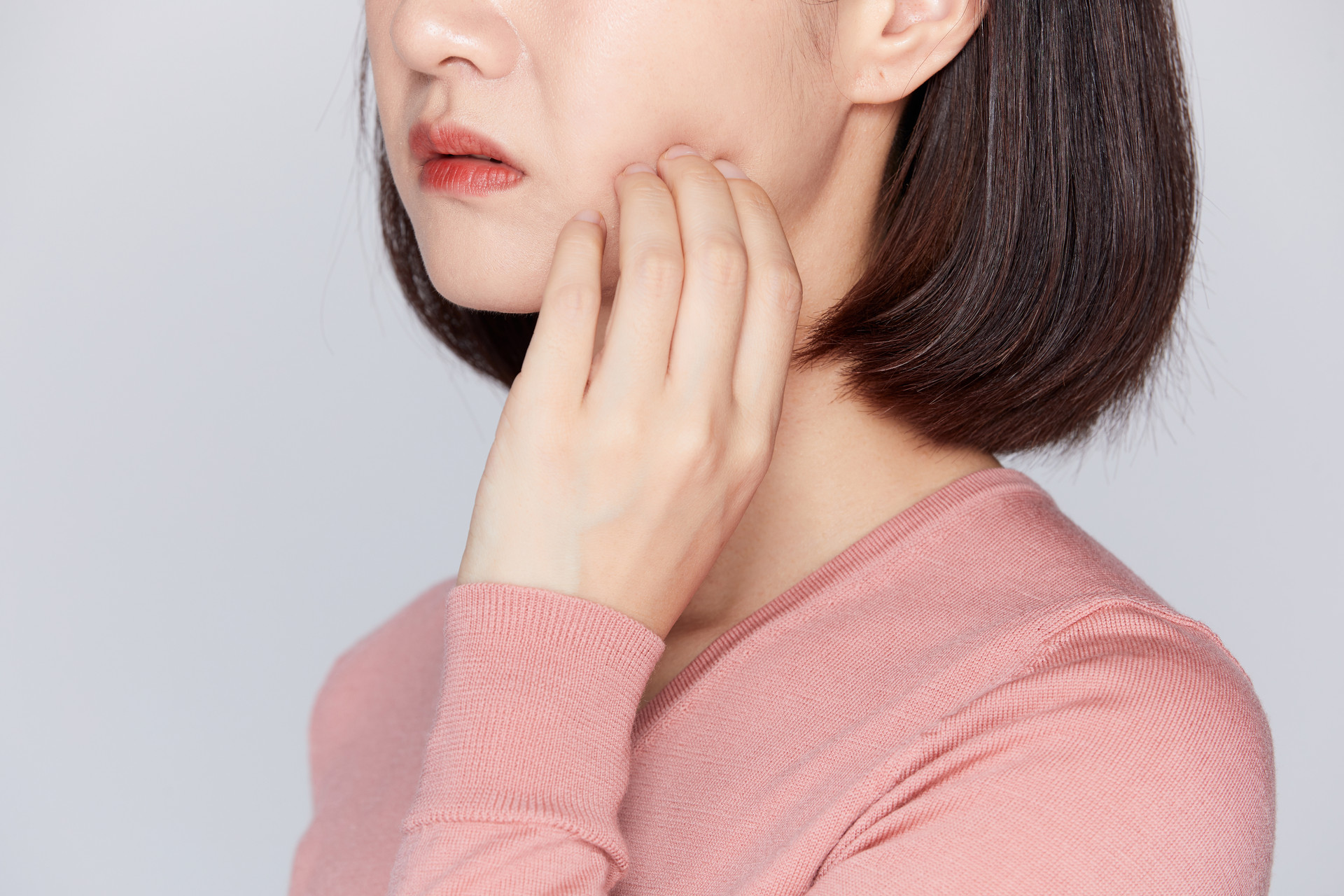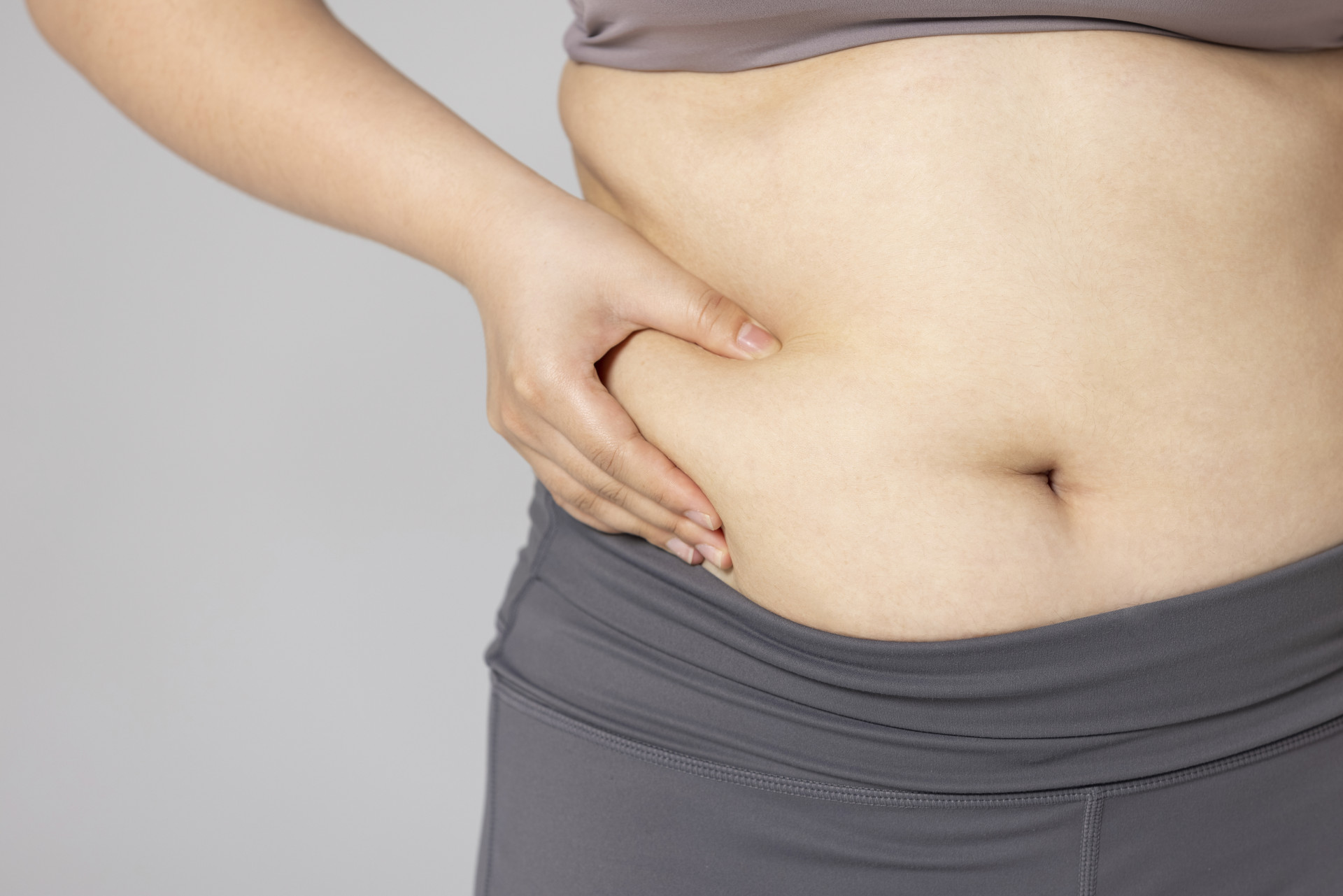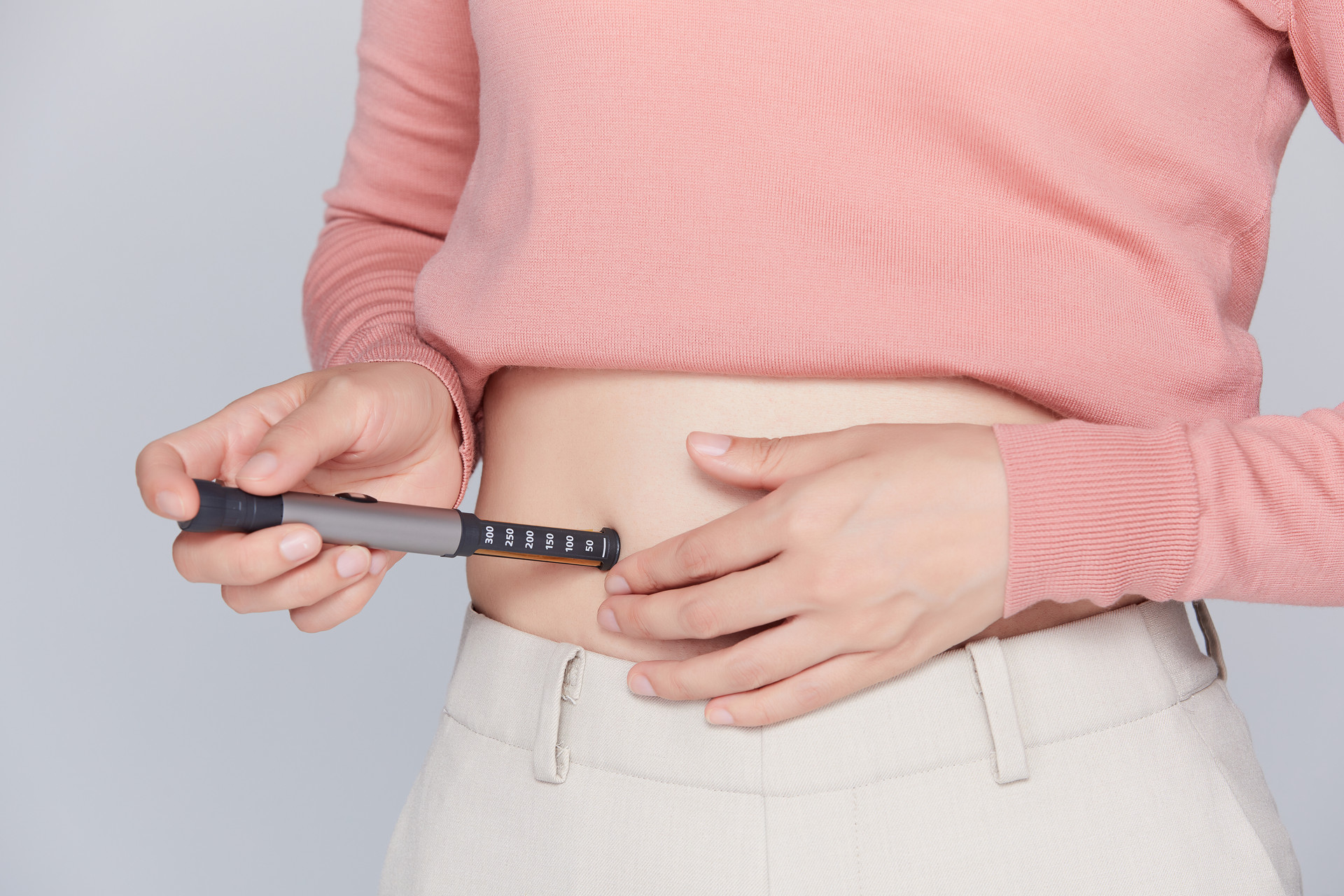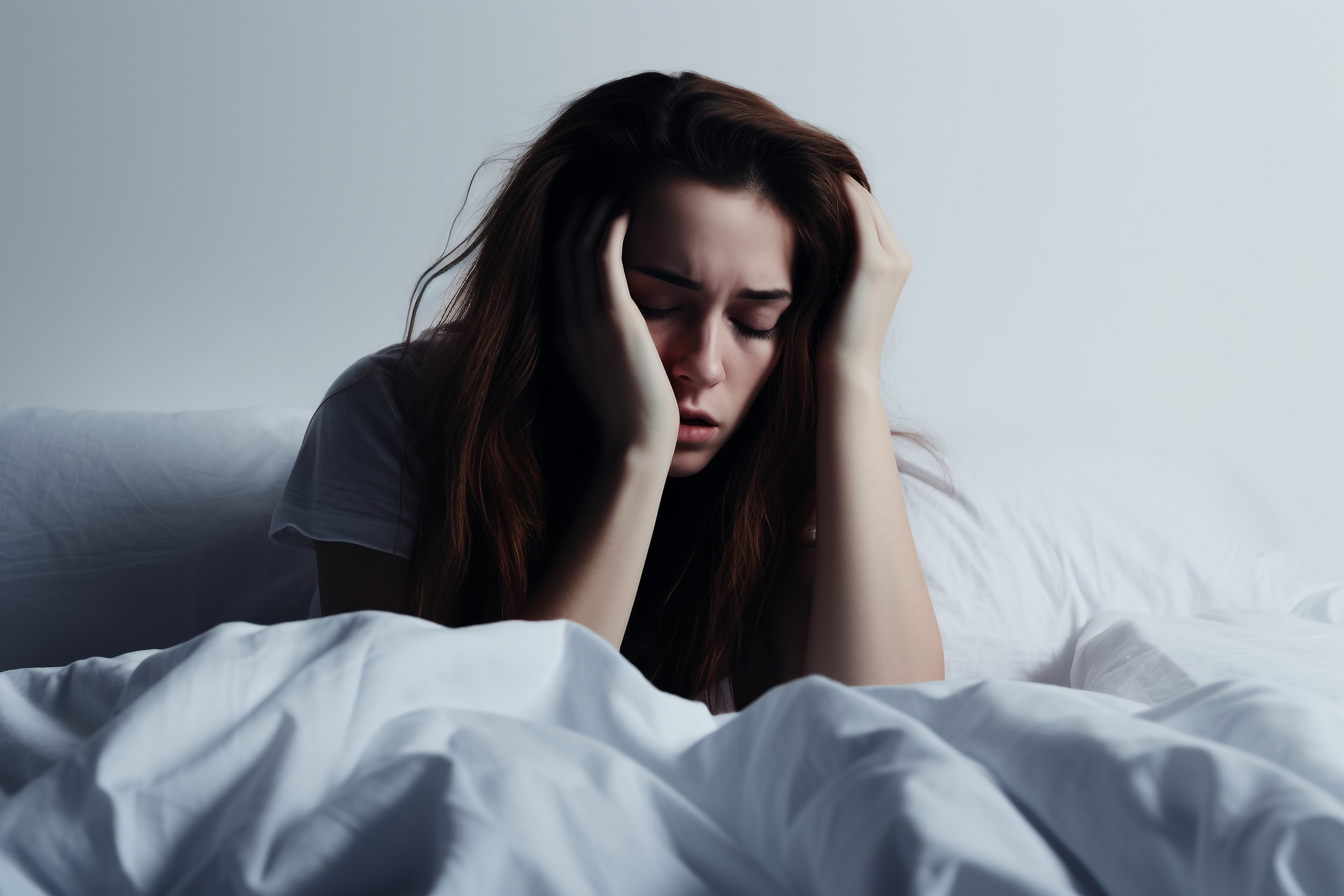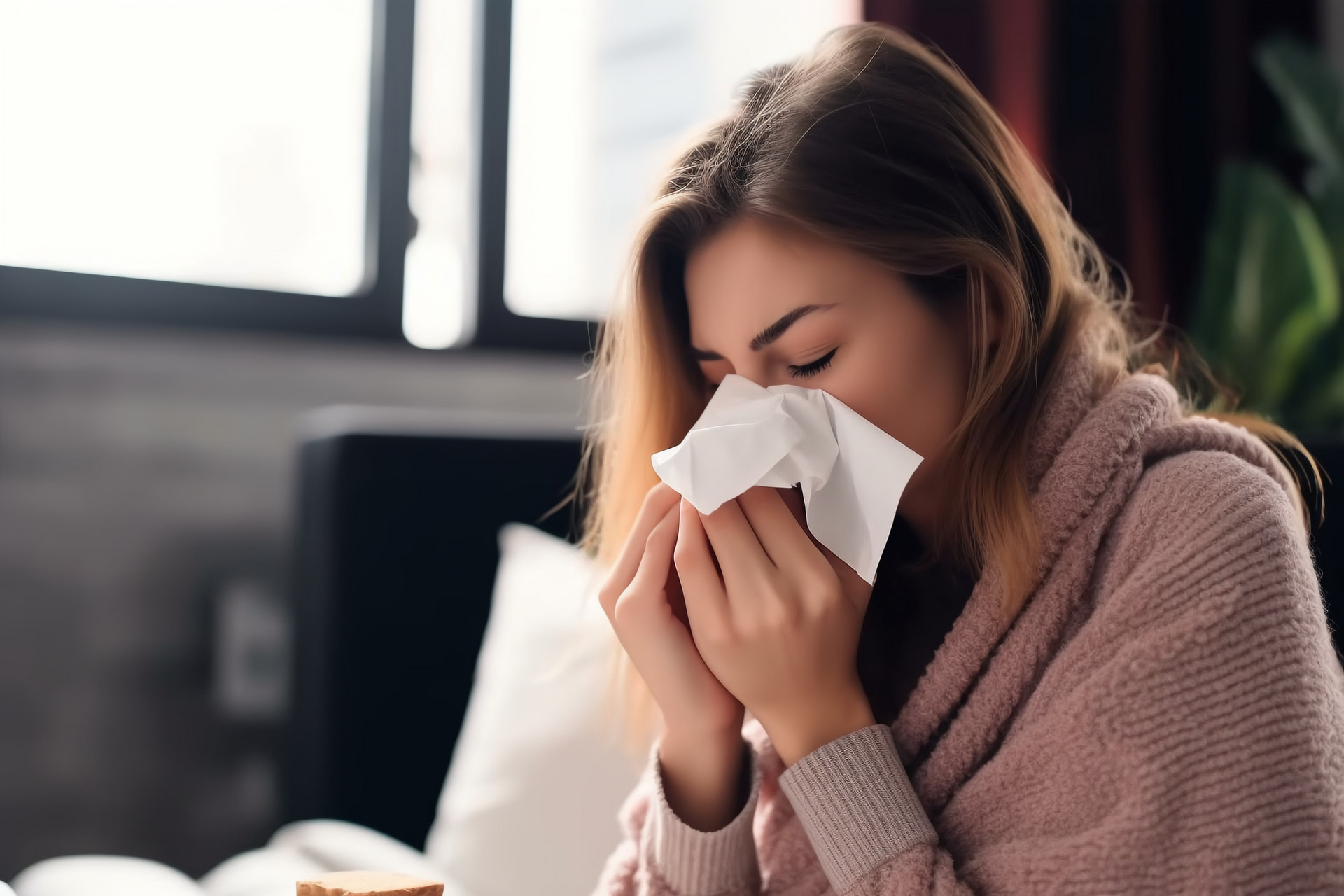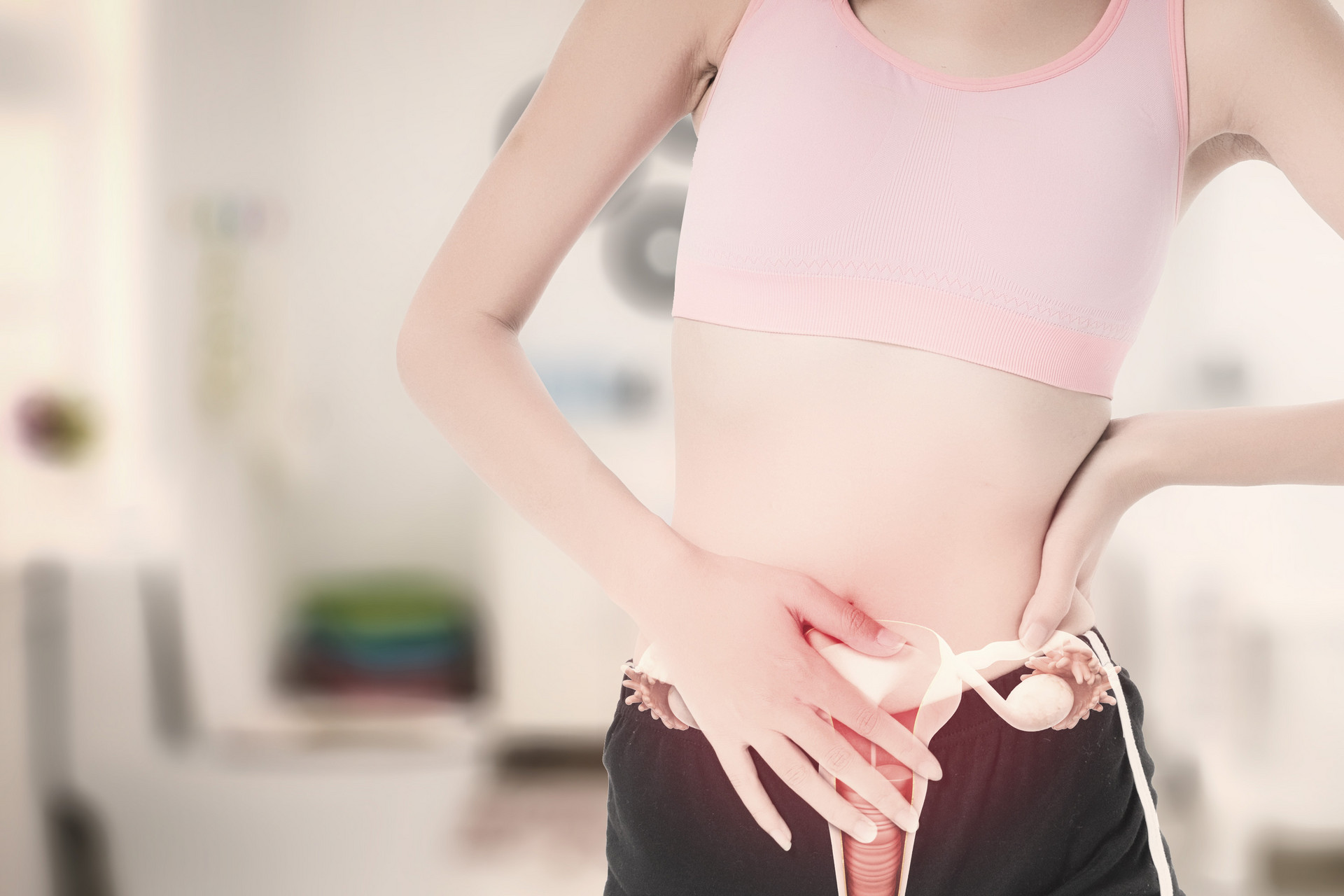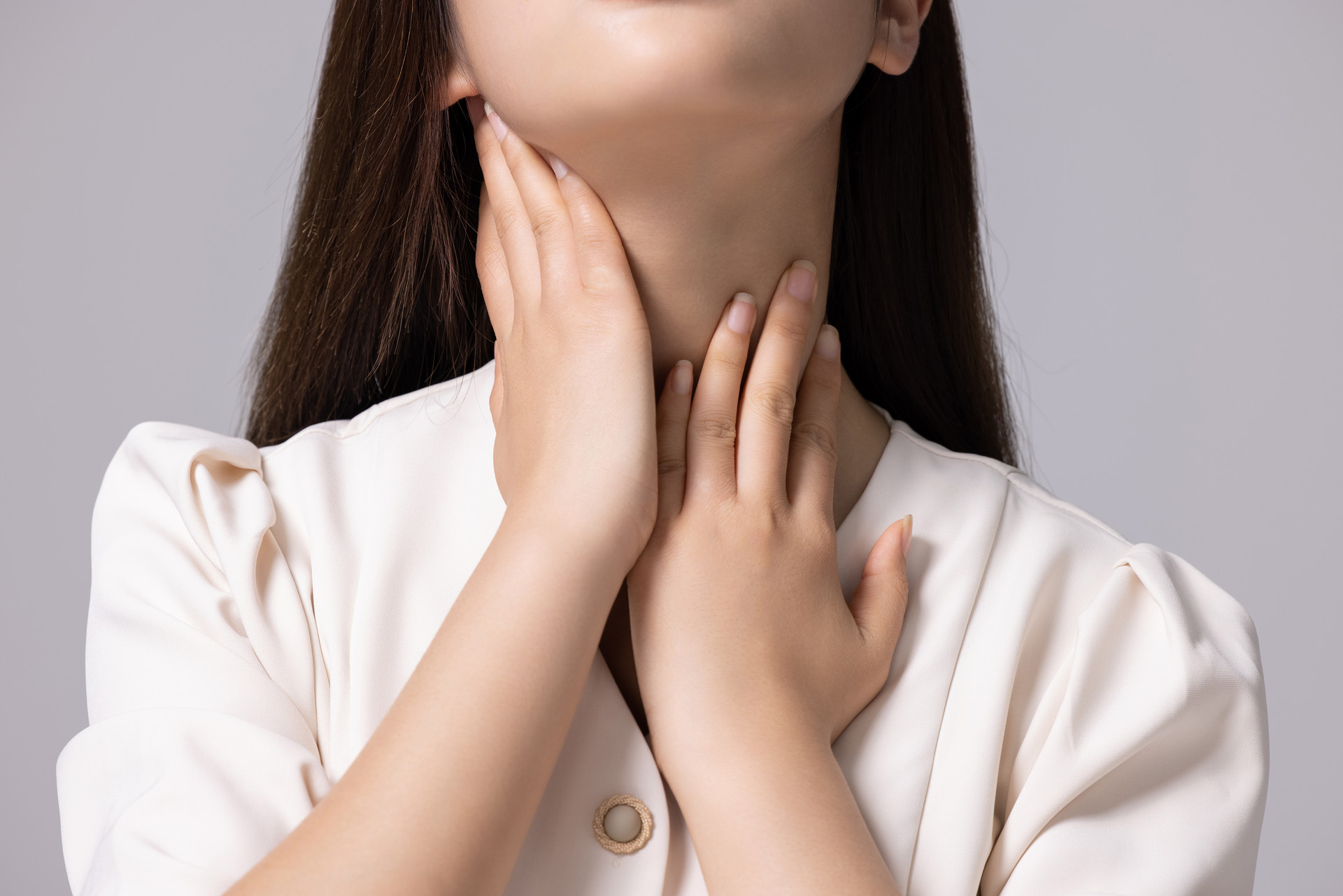Summer childbirth is a challenge for mothers. After childbirth, apart from the breasts, the mother's organs and tissues, especially the reproductive organs, gradually return to their pre-pregnancy state. This "recovery" process is quite slow and takes 6 to 8 weeks to complete, which is medically referred to as the puerperium. In summer, the incidence of puerperal infection and mastitis is high, and heatstroke may also occur. Therefore, family members should take extra care of and take care of the mother to ensure her safe passage through the summer.
Pay attention to dietary adjustment
Because of childbirth and breastfeeding, mothers need additional nutrition. However, in the first two days after childbirth, appetite is often poor, so it is advisable to eat some porridge, noodles and other semi-liquid foods, and eat small meals. Since it takes 1 to 2 weeks for the secretion of gastric acid, gastric and intestinal muscle tension, and peristalsis to return to normal, the total amount of food should gradually increase from small to large, and should provide sufficient calories and essential nutrients (protein, minerals, and vitamins), and should be light, easily digestible, and should drink winter melon soup and watermelon juice to relieve heat.
Pay attention to activities and rest
After childbirth, mothers often feel mentally tired and weak. In the first two days, mothers should rest well, but they should still change positions frequently to change sleeping postures and move their limbs to enhance muscle tension. If the mother is physically strong, fatigue can be easily eliminated, the perineum has no wounds or the wounds are not painful, she can get out of bed 24 hours after childbirth. Then, according to the recovery of physical strength, gradually increase the amount of activity and start exercising to accelerate the recovery of the uterus and pelvic floor muscles.
Pay attention to heatstroke prevention and cooling
The mother's bedroom must be quiet and clean, and strive to meet the two standards of appropriate room temperature and fresh air. In the hot summer season, if the mother stays in a high humidity and high temperature environment for a long time, she will easily suffer from central temperature regulation disorders due to physical weakness. Therefore, the mother should avoid wearing headscarves, long-sleeved clothes, trousers, and socks, and the bedroom should also keep the doors and windows open to allow air circulation.
Pay attention to cleanliness and hygiene
Mothers who give birth in summer should pay special attention to cleanliness and hygiene because sweating is more common in hot weather, and bacteria are prone to breed and multiply on warm and humid skin. After childbirth, the water and sodium chloride stored in the body during pregnancy must be excreted through the skin and kidneys, so mothers will sweat and urinate more in the first few days after childbirth, and lochia will also flow continuously from the vagina, so timely cleaning is necessary. As long as the mother's physical strength can support it, she can take a shower. However, she must not take a sitz bath to prevent dirty water from entering the vagina. In addition to bathing, the external genitalia should be washed with warm water 2 to 3 times a day, especially after bowel movements. Sanitary pads should be changed frequently, and sexual intercourse is absolutely prohibited during the puerperium. Furthermore, lactating mothers should pay attention to nipple hygiene to prevent nipple cracking and acute mastitis. Before and after breastfeeding, wipe the nipples with a 3% boric acid solution or clean water. During breastfeeding, the baby should latch onto the areola around the nipple, not just the nipple itself, to reduce friction on the nipple skin. Each breastfeeding session should not exceed 20 minutes, and the baby should not be allowed to fall asleep while sucking on the nipple, as prolonged sucking can lead to nipple skin cracking when soaked.


